-
Content count
1,394 -
Joined
-
Last visited
-
Days Won
7
Posts posted by Sir Darius the Clairvoyent
-
-
-
-
Ladies and gentlemen, I am curious about self knowledge, not internett beefs
-
 1
1
-
-
Know thyself people, know thyself… maybe im ignorant, but I dont see the red line here
-
5 minutes ago, snowymountains said:It's a big project, still ongoing 😁
And will go on forever

-
 1
1
-
-
17 hours ago, Nungali said:Yes, it is the first requisite to philosophy and initiation .
Thought you might like this:
The soul (245c–249d)edit
He begins by briefly proving the immortality of the soul. A soul is always in motion and as a self-mover has no beginning. A self-mover is itself the source of everything else that moves. So, by the same token, it cannot be destroyed. Bodily objects moved from the outside have no soul, while those that move from within have a soul. Moving from within, all souls are self-movers, and hence their immortality is necessary.[Note 20]
Then begins the famous chariot allegory. A soul, says Socrates, is like the "natural union of a team of winged horses and their charioteer". While the gods have two good horses, everyone else has a mixture: one is beautiful and good, while the other is neither.[Note 21]
https://en.m.wikipedia.org/wiki/Phaedrus_(dialogue)
-
 2
2
-
-
5 minutes ago, NaturaNaturans said:Again, I have no clue what I am talking about, but I see daoism as akin to some ancient European thought, like that of Heraclitus, the logos and Aurelius.
Numbered fragmentsedit
- Different sources sometimes number many of these fragments of the expressions of Heraclitus differently.
Sep2004.jpg/220px-RiverWampool(SimonLedingham)Sep2004.jpg&key=cc9c7c86e0752ee3169d11e81e428bbb853d67019671ccafbac6f5bad42623e6) You could not step twice into the same river; for other waters are ever flowing on to you.
You could not step twice into the same river; for other waters are ever flowing on to you.
Couples are wholes and not wholes, what agrees disagrees, the concordant is discordant. From all things one and from one all things.
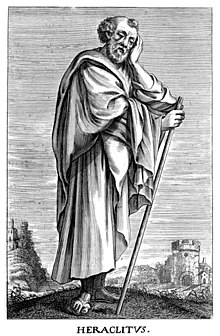 Even sleepers are workers and collaborators on what goes on in the universe.
Even sleepers are workers and collaborators on what goes on in the universe.
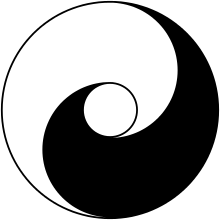 Opposition brings concord. Out of discord comes the fairest harmony.
Opposition brings concord. Out of discord comes the fairest harmony.
Character is destiny.
https://en.m.wikiquote.org/wiki/Heraclitus
This is not to different from some eastern schools, is it?-
 1
1
-
Edit: wrong thread
-
9 hours ago, -ꦥꦏ꧀ ꦱꦠꦿꦶꦪꦺꦴ- said:
East is more open minded in these mattersPossibly. Do you think they are more open minded to European thought as well?
I dont want to come of as a bigot, I dont mean this in a derogotory way at all, but I think westerners might be a little more logical in their thoughts. It has it downside tho, in extreme sceptisism, materialism etc.
-
 2
2
-
-
11 hours ago, dwai said:The conditioning is different between western and traditional eastern societies.
I agree, in what areas have you noticed it?
It’s often difficult to tell the difference in modern times, with rampant urbanization and cultural assimilation (predominantly from west to east) - colonialism has a big role to play in that process.
True, and the harm it has done to cultural diversity is a real shame. So many native traditions completly destroyed, and many others changed for good. I also think it has harmed European culture, spirituality and ethics in fact, as the capitalist and industrialation has somewhat divorced us from our roots and tradition in favour for the machine11 hours ago, dwai said:But there is also a resurgence of traditional eastern views as the trauma of colonialism begins to recede from generational memory.
Good, looking forward to itAncient civilizations like India (dharma) and china
I am far from an expert, but indian tradition does not feel so alien to me, but chinese does to be completly honest. My favorite texts are bhagavad gita and isha upanishad. I have not read a lot of eastern works though, so maybe it will become clearer if i put in the work.
Again, I have no clue what I am talking about, but I see daoism as akin to some ancient European thought, like that of Heraclitus, the logos and Aurelius.
Spoiler(a more nuanced understanding is needed - how Chinese communism actually reclaimed confucian perspective) are reclaiming their roots , and will in the next 30-50 years become the predominant worldviews (given that 2/3s of the world population is in that region of Asia).
-
 1
1
-
-
Just came accross this:
Lifetime is a child at play, moving pieces in a game. Kingship belongs to the child.
As quoted in The Art and Thought of Heraclitus (1979)
Seems to have been a common metaphor in at least western thought since tje beginning.
-
Just now, Keith108 said:Interesting, sorry to hear about the adhd. I like to use the word rhythm, instead of boredom. If a rhythm can be found, like a heart beat, or the sun coming up everyday, then there is no boredom. For sure, it’s different for everyone. 🙏
I understand, I get in that zone sometimes, and you are absolutley right: it is wonderfull, healing and no boredom anywhere.
-
 1
1
-
-
I hope I dont come of as arrogant here, that is really not my intention, but there are two things from another forum I am active in, that I thought might be worth implementing. Dont get me wrong, this is obviously 100% up to the staff, just wanted to share it.
1. an overview over trending threads. Would look something like this.
Trending:
1. how do you meditate? 247 posts
2. X
3. Y
… you get the point.
2. a thread where we can nominate the best threads or posts of the month, and then present them.
-
 1
1
-
-
I find boredom soul crushing tbh, think it is related to my adhd
-
On 30.11.2023 at 5:09 AM, thelerner said:The facebook group is pretty lame. I just tried to brighten it up with some philosophical pornography.
Please share, philosophical porn is the creme de la creme of porn
-
6 minutes ago, Keith108 said:Boredom is highly underrated.
How so?
-
I am looking for some inspiration. I often turn to enterainment or video games, but I dont find it very fufilling, so what do you like to do?
-
 2
2
-
-
I am an determinist. Since the cosmos and all that have happened, is happening and will happen are depended on each other and the law of cause and effect, I think it is safe to assume that we have exactly zero agency.
Both in norse, greek and roman mythology, we find the fates: three women who decide your life, your destiny, before you were born.
«There are exactly three of them, and their names suggest their ability to construct the content of time: one is Urd (Old Norse Urðr, “The Past,” and a common word for fate in and of itself), the second Verdandi (Old Norse Verðandi, “What Is Presently Coming into Being”) and the third Skuld (Old Norse Skuld, “What Shall Be”). They live in a hall by a well (Urðarbrunnr, “Well of Fate”) beneath Yggdrasil, the mighty tree at the center of the Norse otherworld, which holds the Nine Worlds in its branches and roots.[2]»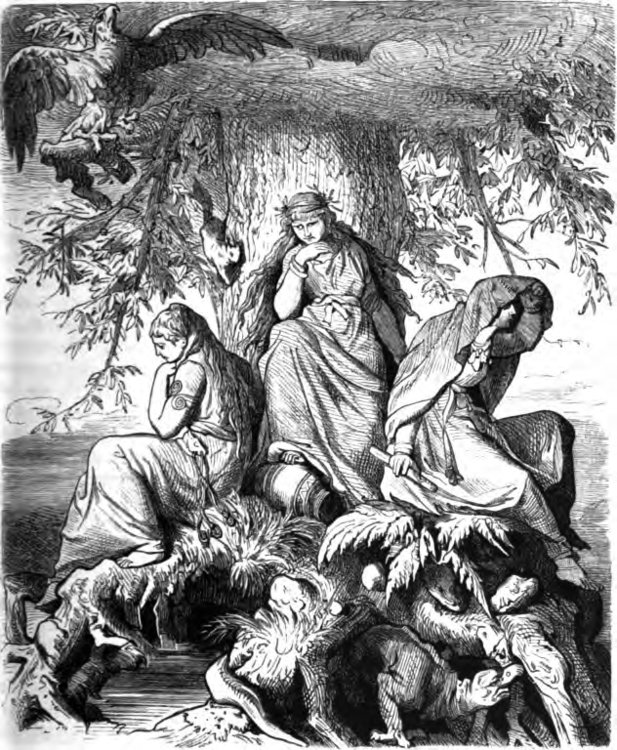
https://norse-mythology.org/gods-and-creatures/others/the-norns/This standa in contrast to the abrahamic faiths, where heaven and hell is based on what you choose, and theologians agree that «the problem of evil» is answered by God giving humans free will.
Instead of seing determinisim as something depressive, I find it immensly liberating and interresting. For one thing, there is no room for guilt, since… it was going to happen regardless. Secondly, as I heard in an interview by Yuval Noah Harari, it can open the door for self discovery, because you become an observer of yourself, and not an active agent.
Thoughts? Does your tradition take a stance on free will vs. determinism?
-
@Nungali Thank you, a lot of great points and stuff for further «research.» This theme since to be close to your heart/philosophy?
-
In regards to how we view… stuff? Extremly general I know, but I have atleast felt way when Ive encountered some spiritual term/concept in the beginning, all though i feel things have gotten a little clearer.
Edit: on the other hand, we do see a lot similarties in early eurasian thought, in lack of a better word?
-
 1
1
-
-
These imortal words, inscrived at the temple of Apollo, Delphi has ressonated and inspired countless wise men aswell as the Intellectually challenged, as my self.
It is seen by many as the only and most important «commandnent.» What does it mean to you?
-
 1
1
-
-
46 minutes ago, Geof Nanto said:oracle at Delphi
«Know thyself»
for those that are interrested, Socrates defense with modern language. It hooked me, at least:-
 1
1
-
-
«(since ‘wind’ and ‘Spirit’ mean the same in hebrew, I prefer to only use the term ‘Spirit’ for better understanding).»
@Apoostrophe last post ^
Kind of cool. Greek and norse word for spirit is the same as the one for breath aswell, pneuma and ånd. Pneuma is apperantly the word used to translate ruach in the bible, witch has a lot different meanings, 7 according to wiki.
funfact is that human and adam(a) means the exact same thing as well: earthly being. Apologies for the tangent.
-
 1
1
-
-
43 minutes ago, SirPalomides said:My first thought is, I would definitely expect to find lines like this in a book of Norse poetry that had been edited by Christian clergy. I'm not saying it's definitely an interpolation, I'm just raising an eyebrow here. Christian apologists tend to take two different approaches to "pagan" lore- one is the obvious solution of demonizing it; the other is to read foreshadowings of the Gospel into it, just as they do with the Old Testament. For all I know, it could also be perfectly authentic.
My take is that it probally is. Allthough written in 1300s, it is belived to be significantly older. And also the tone doesnt strike me as very «Christian.» Runes means «magic» more than an acctual alphabet at that time. Also, when he came back, he used his ability in a very pagan manar, so to speak. And lastly, it is written in rhyme and makes use of kennings (poetic tool, like calling a boat for a sea horse forexample), witch makes them less prone to change.
Not denying there could be Christian (and other) influences, that seems very plausible. Christ got accepted long before christianity (the only Christ and no one else) was the hard part.
But all in all I think that is secondary, cultures impact each other, both for better and for worse.
edit: furthermore, this kind of sacrifice for wisdom is very much true to the character of Odin
edit 2: the only sinimiarity is.. well, not much. Odin sacrificing himself, and Jesus getting «sacrificed,» so to speak.

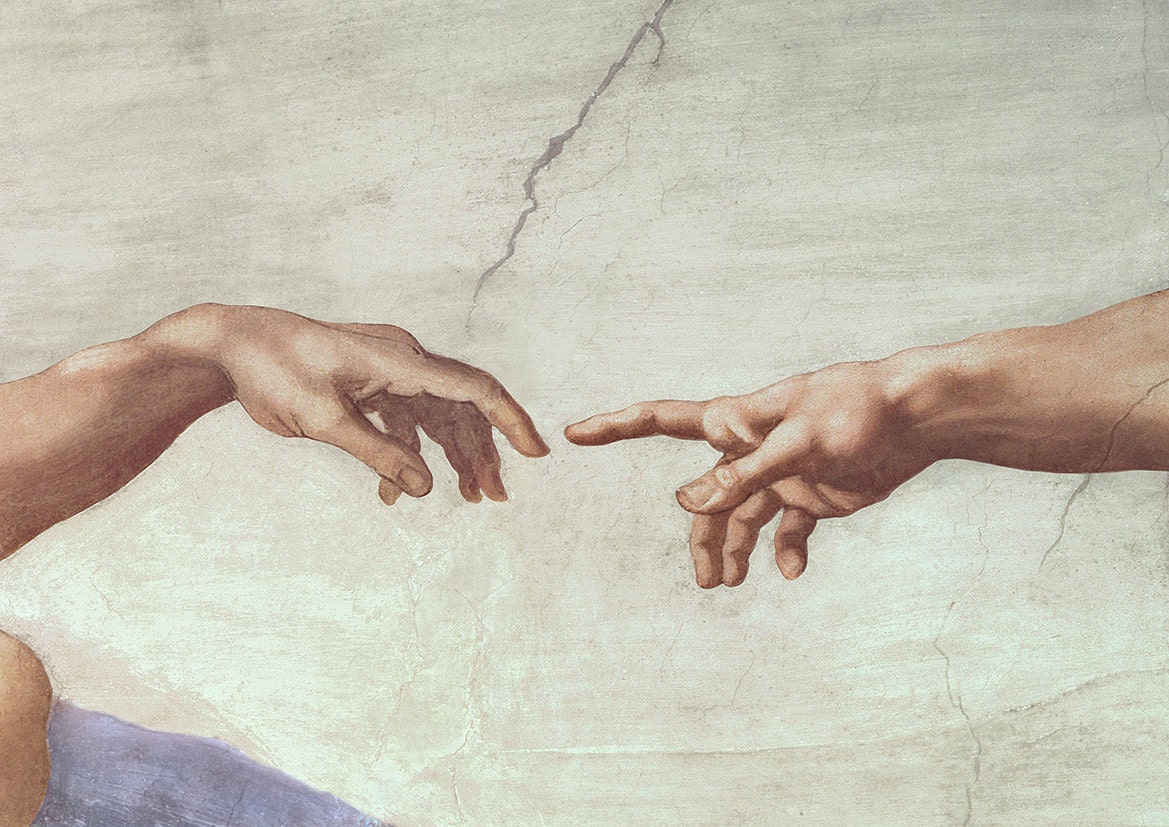
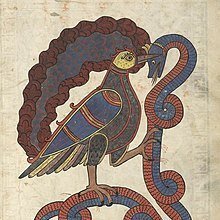


Know thyself
in General Discussion
Posted
It is allways fascinating when different traditions share the same symbolism